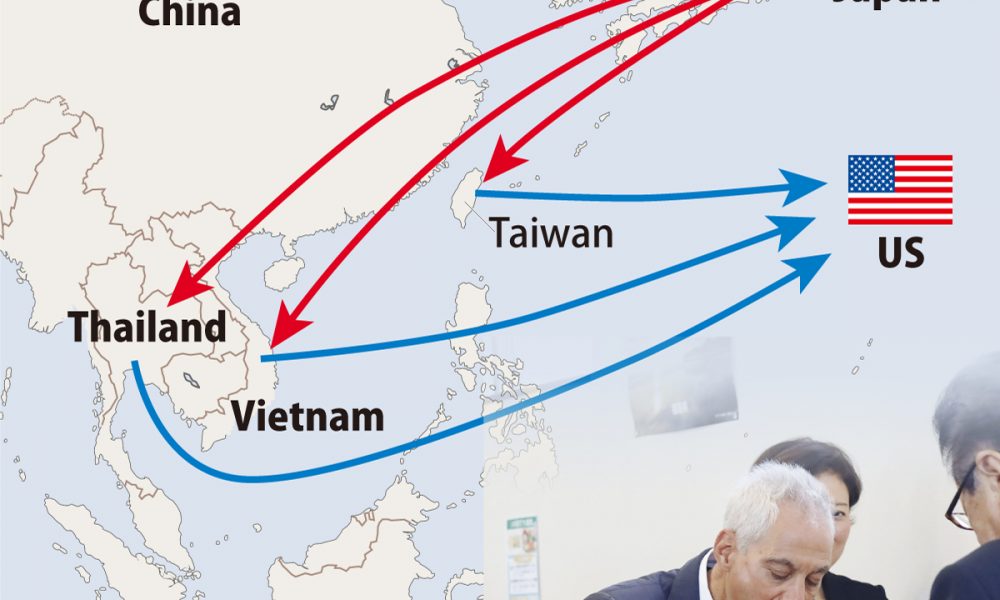
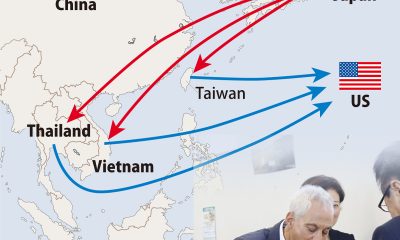

The US and Japan hope to maintain trade in high-value scallops and other products by processing seafood exports in Vietnam, Thailand, and Taiwan.
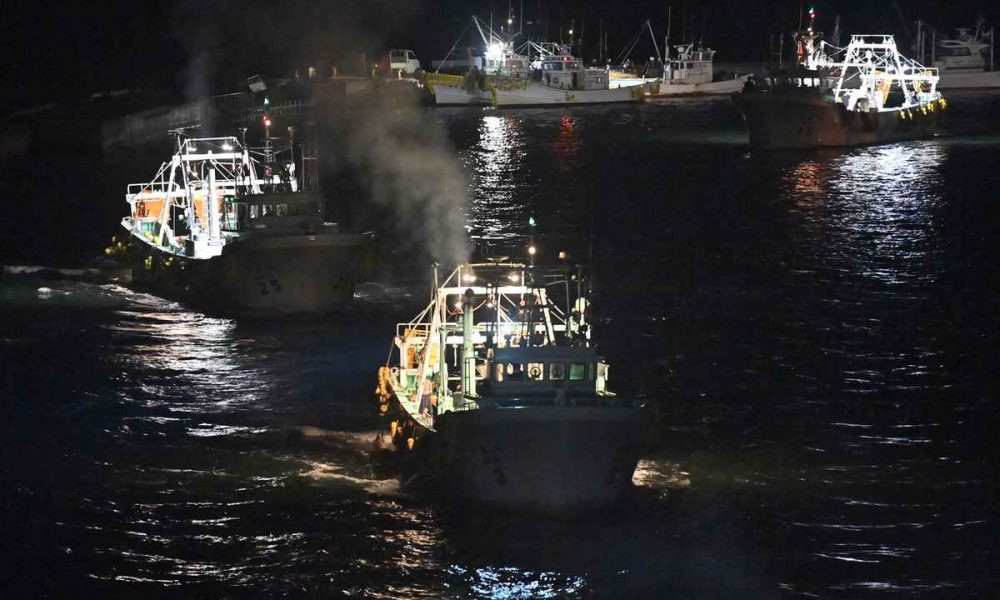
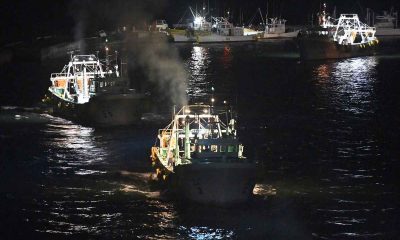

Japan can help its fishing industry become a powerhouse again by boosting domestic consumption and developing new sales channels overseas other than China.
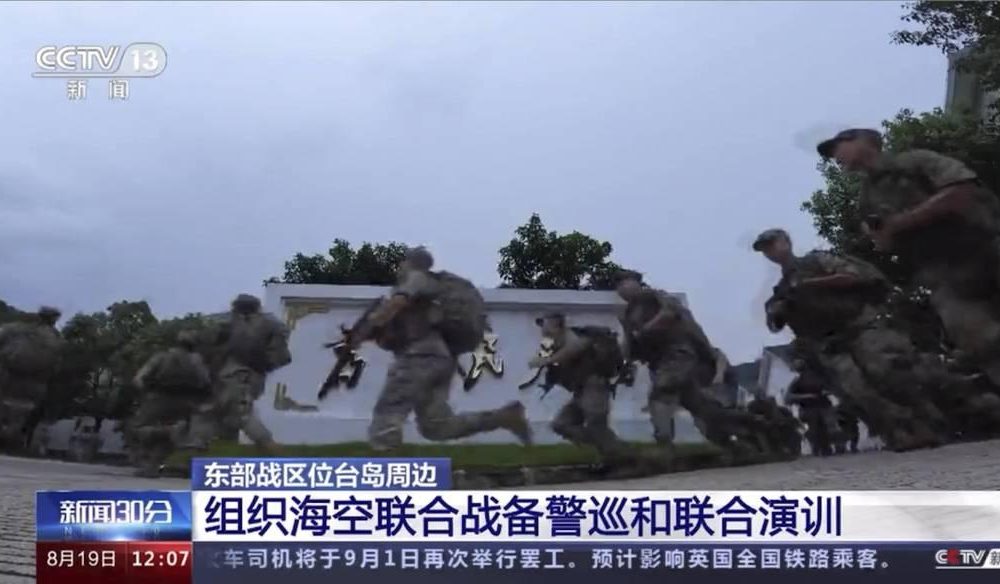
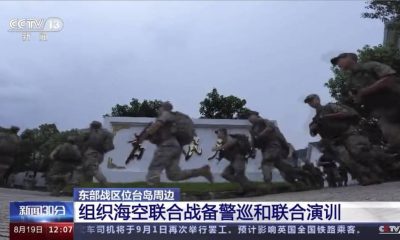

"China should join … in the pursuit of peace. Democracy is inevitable. The days of dictatorships are numbered and mankind will not be slaves forever." —...
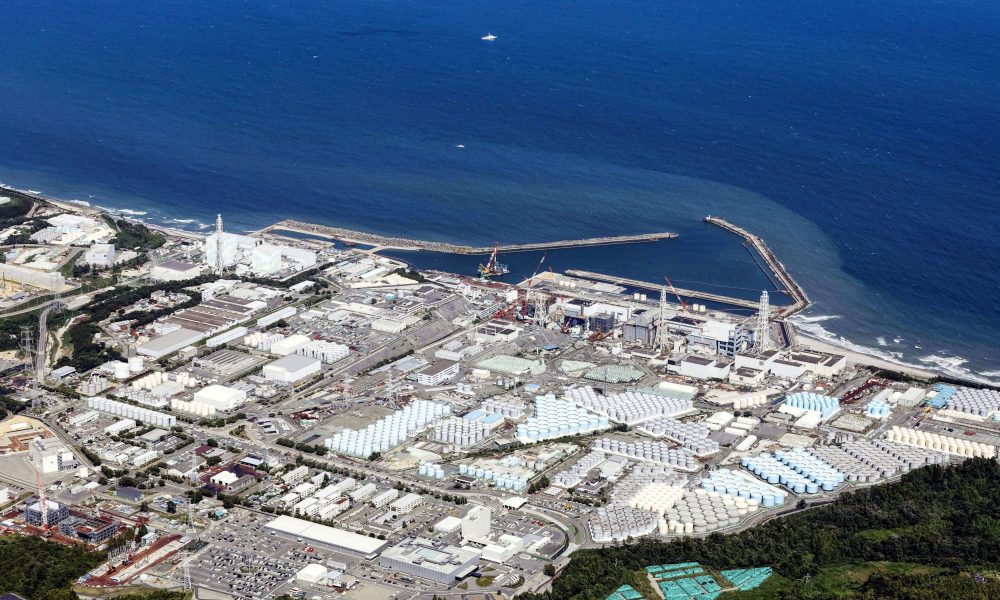
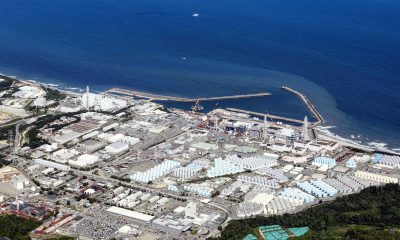

Like China, some opposition lawmakers in Japan use falsehoods to criticize the treated water release, increasing reputational damages to Japanese fishermen.
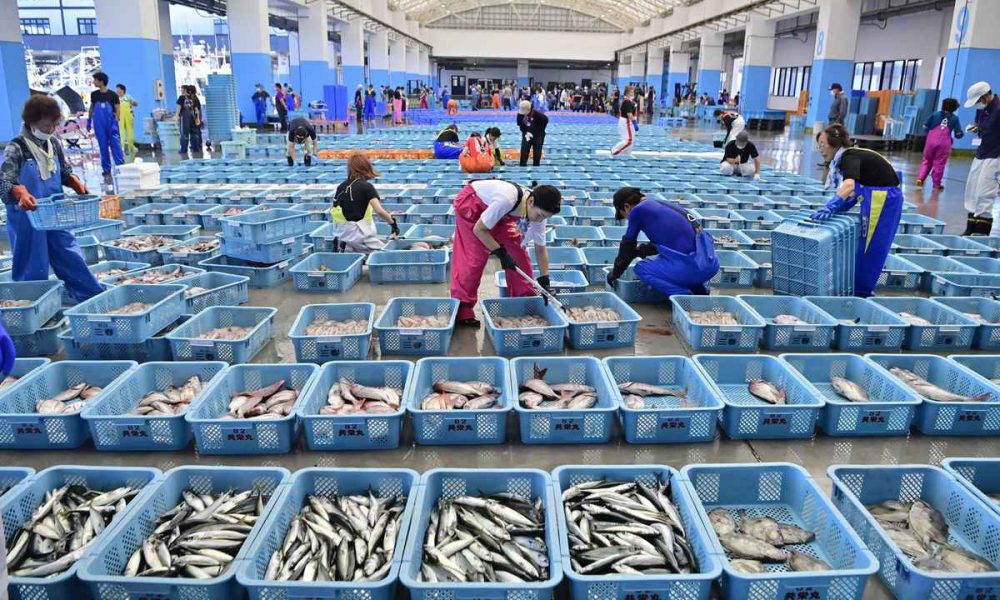
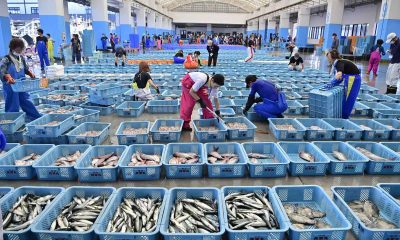

Fukushima saw a successful start to the trawl fishing season, with a nearly 20-ton catch and energetic bidding from eager buyers.
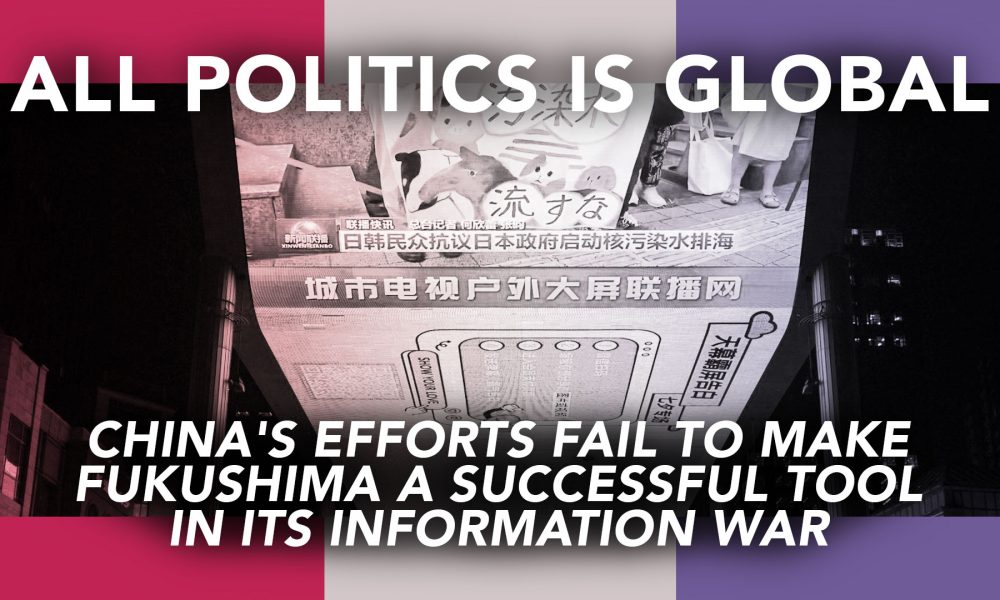
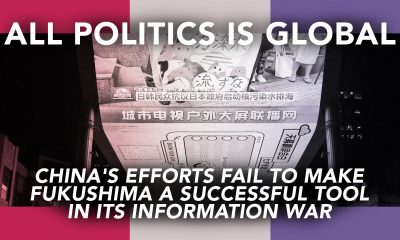

Its hypocrisy over the Fukushima water release is an example of how China uses a colossal information warfare network to advance its technology-enabled tyranny.
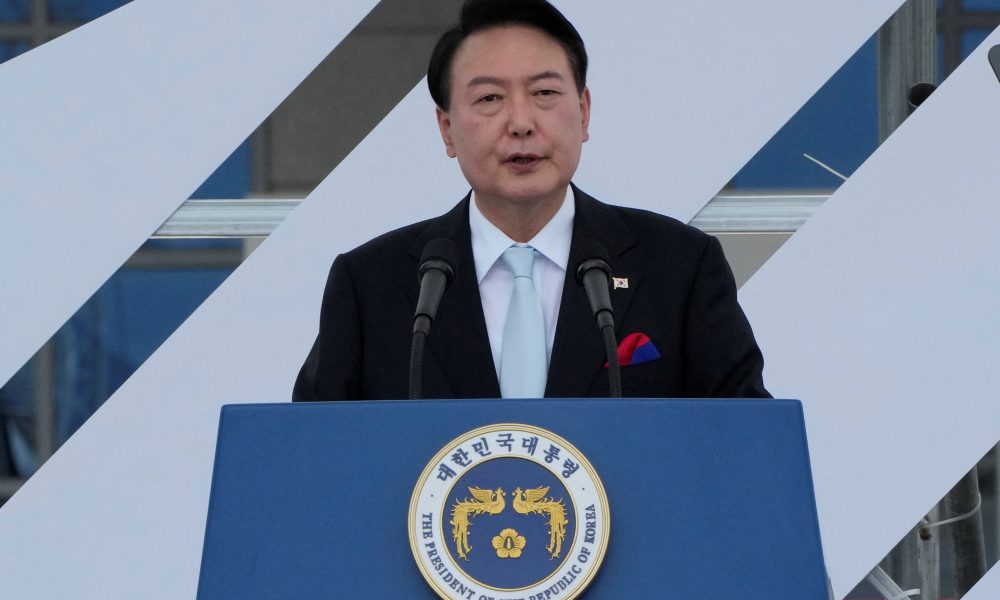
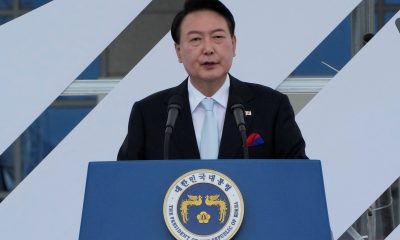

The author examines the vastly contrasting styles of Japan's neighbors China and South Korea as they respond to TEPCO's release of treated water off Fukushima.
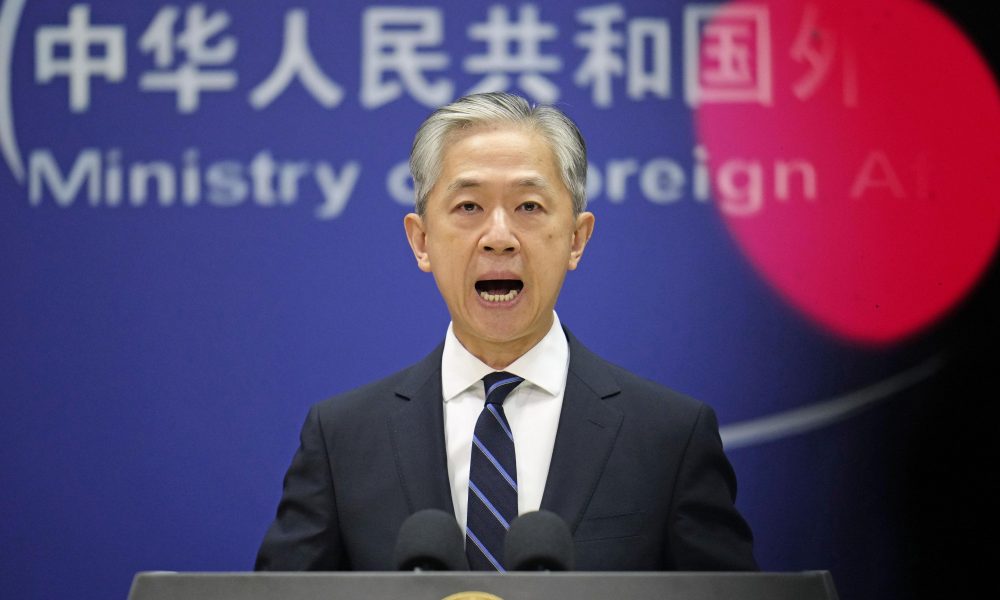
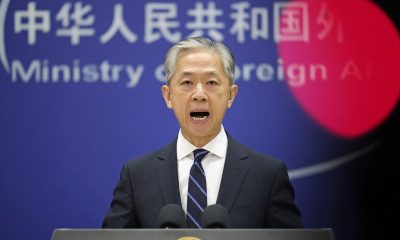

China says its ban on Japanese seafood is about Fukushima Daiichi, but facts say it's economic coercion. Japan's strategic response should include these points.
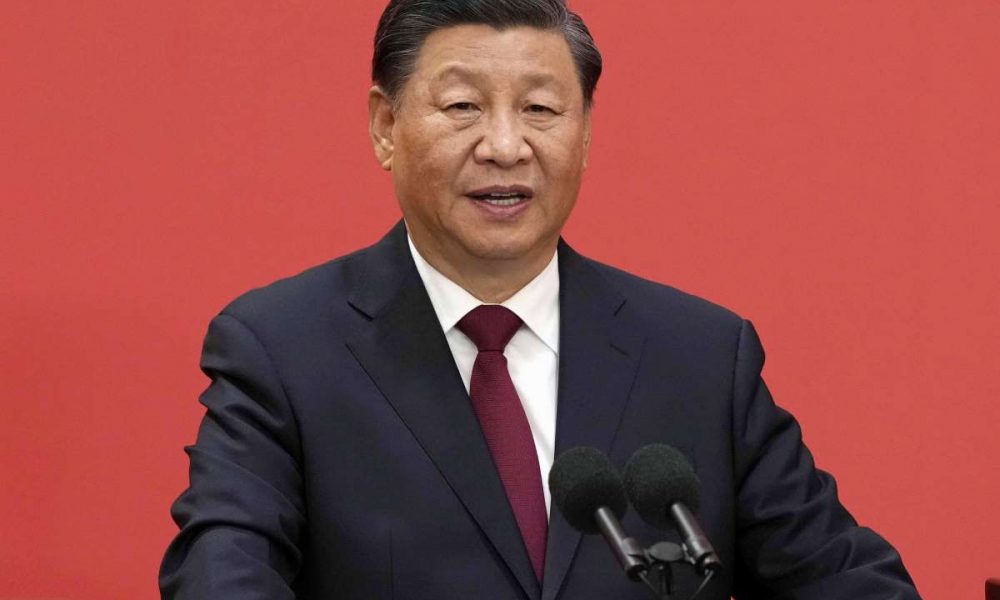
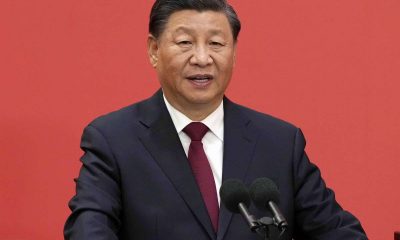

The author offers insight into today's China by analyzing the CCP's anti-Japan campaign, Xi's alleged speech in Beidaihe, and questions about his mental state.
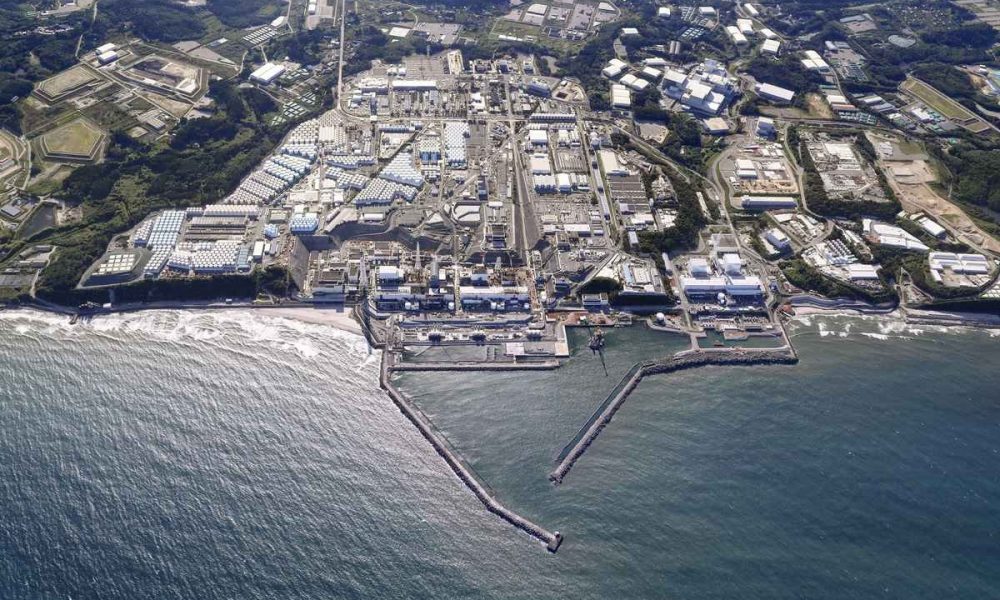
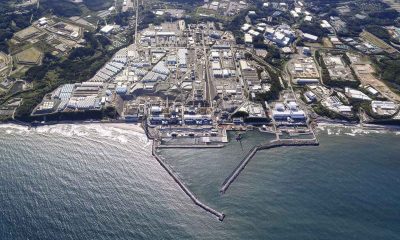

China's nuclear plants release greater volumes of tritium than Japan's treated water, but mentions of that on Chinese social media are fast deleted by censors.
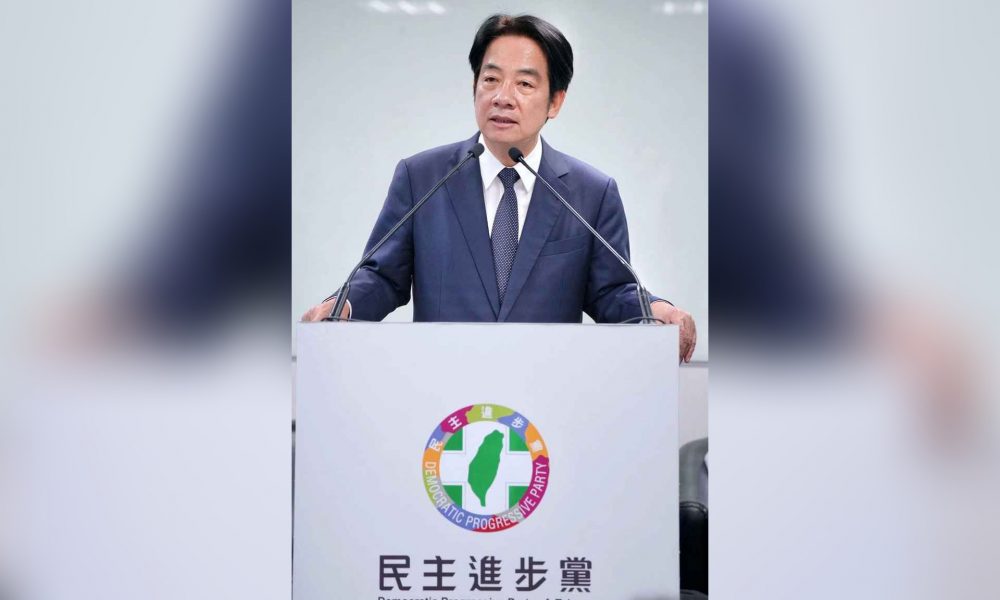


During a press conference, Taiwan Vice President William Lai rejected the "One China" principle and underscored the importance of Taiwan-Japan relations.
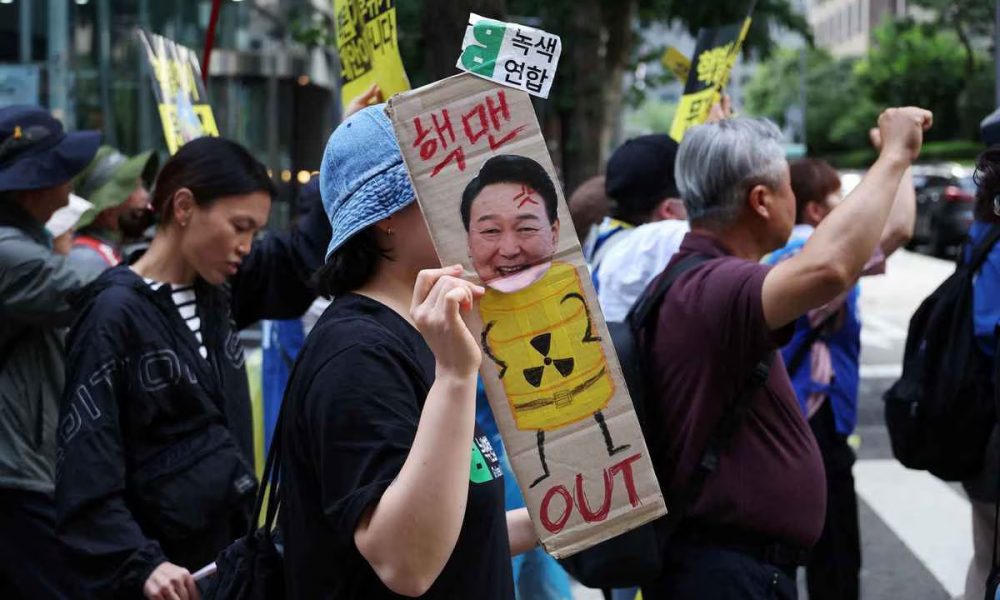
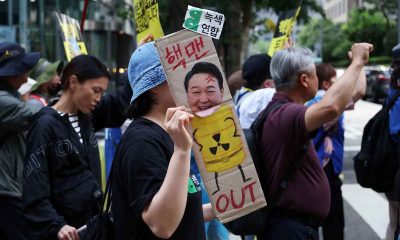

The ALPS treated water release was declared safe, but a South Korean left-wing lawyer's group has filed a petition listing dolphins among its claimants.